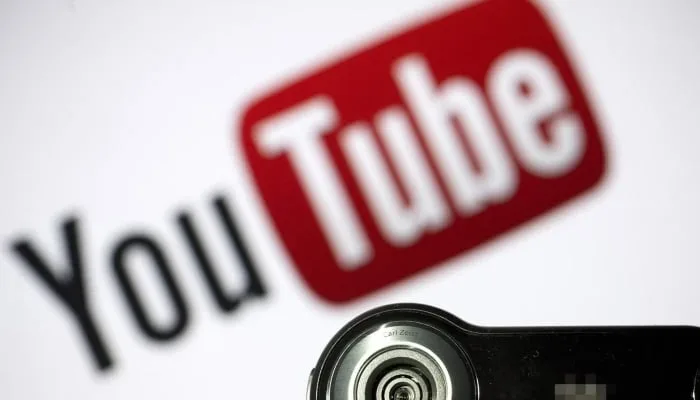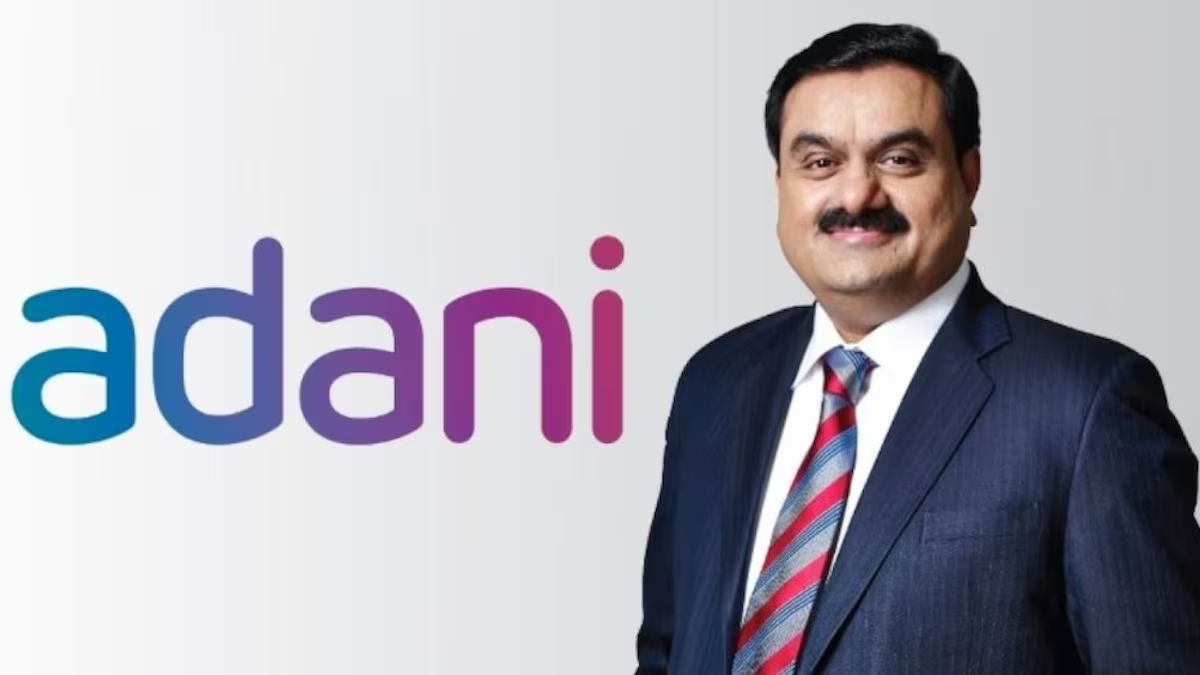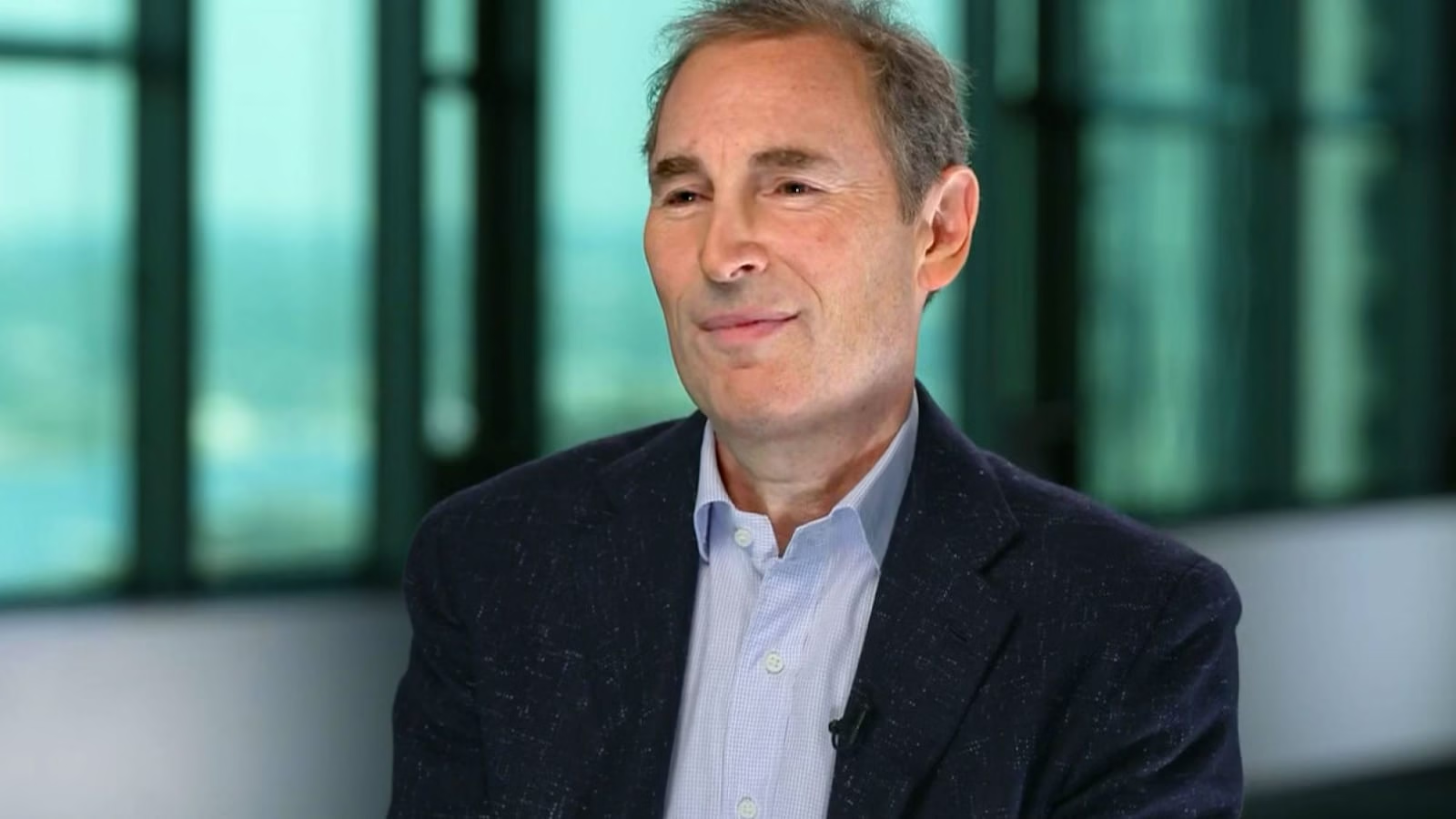YouTube has significantly escalated its efforts to crack down on ad-blocking software, a move that could impact millions of users globally. This initiative is part of YouTube’s ongoing campaign to ensure its advertising model remains intact, which is essential for the platform’s revenue and support for content creators.
Initial Crackdown and Global Experiment
According to a report by Android Authority, YouTube users have recently encountered unusual behavior when attempting to use ad blockers. These issues include videos skipping from the beginning to the end and videos being muted, indicating YouTube’s robust measures to counteract ad-blocking tools.
This development follows YouTube’s announcement in June 2023 of a “small experiment” to disable ad blockers globally. By the last quarter of 2023, YouTube had extended this crackdown worldwide, targeting users who rely on ad-blocking software to avoid advertisements.
Third-Party App Crackdown
In April 2024, YouTube took further steps by launching a crackdown on third-party apps that facilitate ad blocking. This was a significant move aimed at closing loopholes that users exploited to bypass YouTube’s ad display system. The recent report from Android Authority highlights that YouTube is employing various techniques to prevent the use of ad blockers, causing disruptions for users who continue to use them.
User Complaints and Disruptions
The disruptions reported by users suggest that YouTube is using sophisticated methods to detect and counter ad blockers. Some users have experienced videos that skip straight from the start to the end when an ad blocker is active. Others have reported that videos play without sound if an ad blocker is detected. These measures are likely part of YouTube’s strategy to frustrate users into discontinuing their use of ad-blocking software.
YouTube’s Stance on Ad Blockers
YouTube has yet to make an official announcement regarding these new anti-ad blocker tactics. However, the company has previously stated that its policies do not allow the use of third-party apps to block ads. In a past statement, YouTube emphasized that advertisements are vital for supporting content creators and the platform’s operations. Blocking ads undermines the revenue streams that enable creators to produce content and keep the service free for billions of users.
The Importance of Advertisements
Advertisements on YouTube are a crucial source of income for both the platform and its creators. They allow YouTube to provide free access to a vast array of content while also rewarding creators for their efforts. By blocking ads, users prevent YouTube and its creators from earning revenue, which can impact the quality and quantity of content available on the platform.
Premium Alternatives
To address users’ concerns about ads, YouTube offers a premium subscription service. YouTube Premium provides an ad-free experience along with other benefits such as background play, offline downloads, and access to YouTube Music. This service is YouTube’s way of offering an alternative for users who are willing to pay for an uninterrupted viewing experience.
Future of Ad Blocking on YouTube
As YouTube continues to refine its methods to combat ad blocking, users who rely on these tools may need to reconsider their approach. The increasing effectiveness of YouTube’s anti-ad blocker measures suggests that the platform is committed to preserving its ad-based revenue model. Users may find it more convenient to either accept the presence of ads or subscribe to YouTube Premium for an ad-free experience.
YouTube’s intensified crackdown on ad-blocking software highlights the platform’s commitment to maintaining its advertising revenue, which is essential for supporting content creators and the free access enjoyed by billions of users. While this move has caused frustration among users who prefer an ad-free experience without a subscription, it underscores the importance of ads in the digital content ecosystem. As YouTube continues to develop and implement these measures, users may need to adapt by either tolerating ads or opting for premium services to enjoy uninterrupted content.



